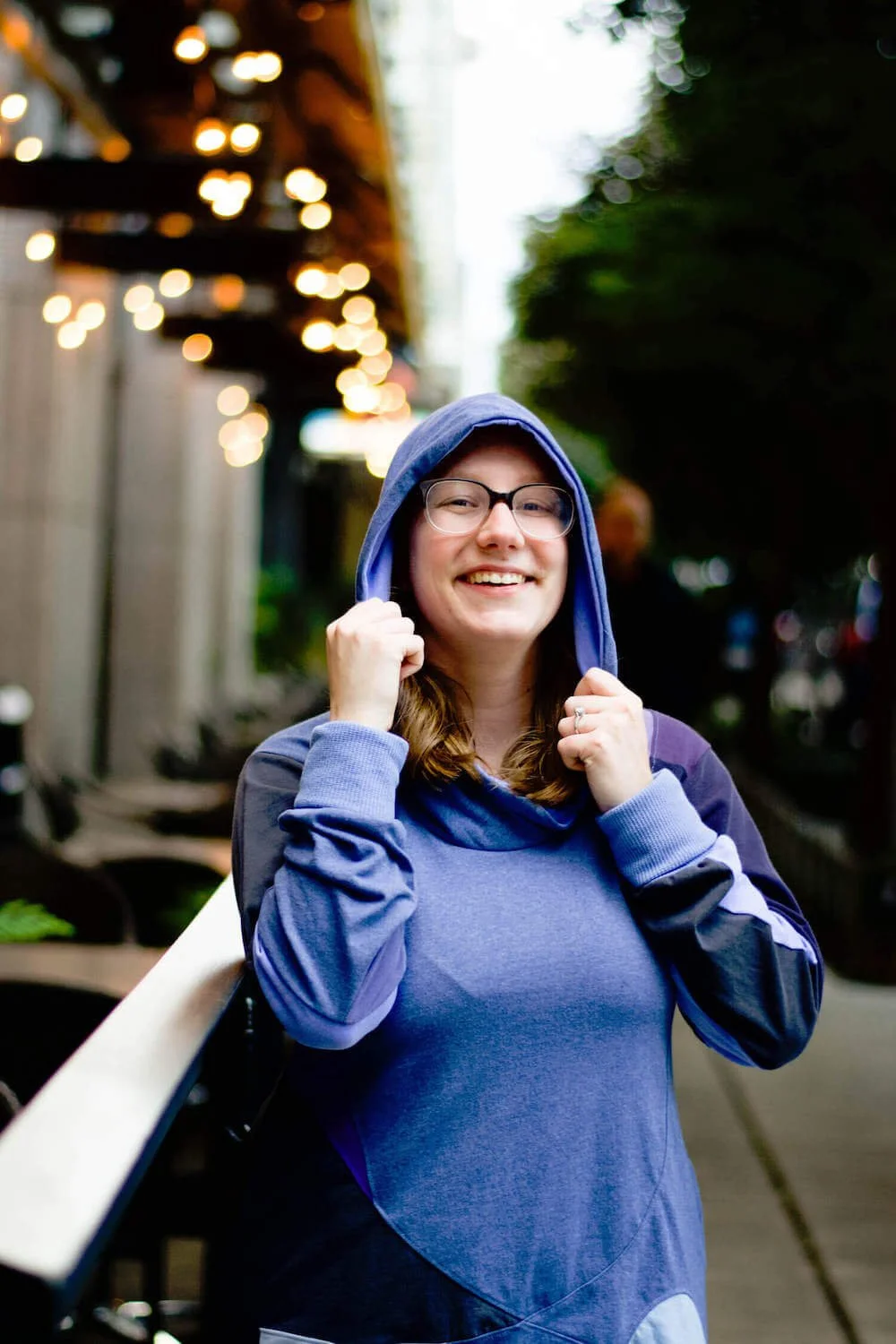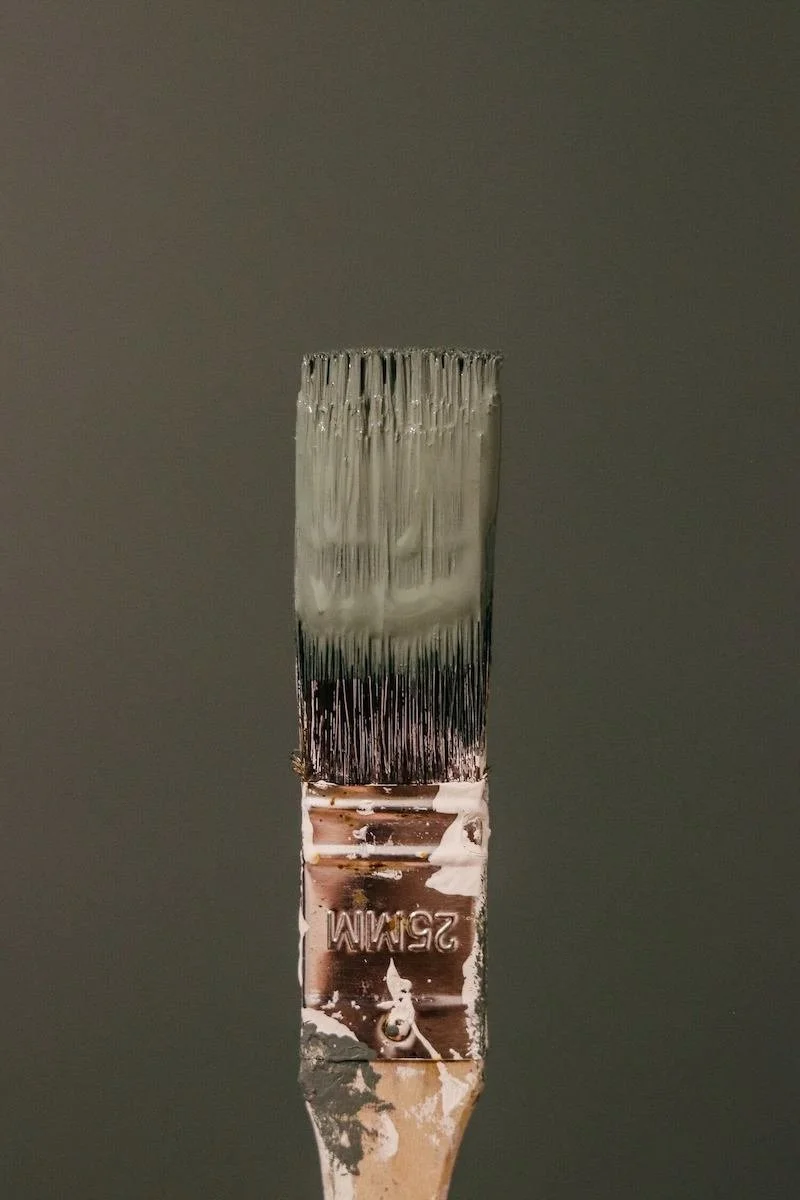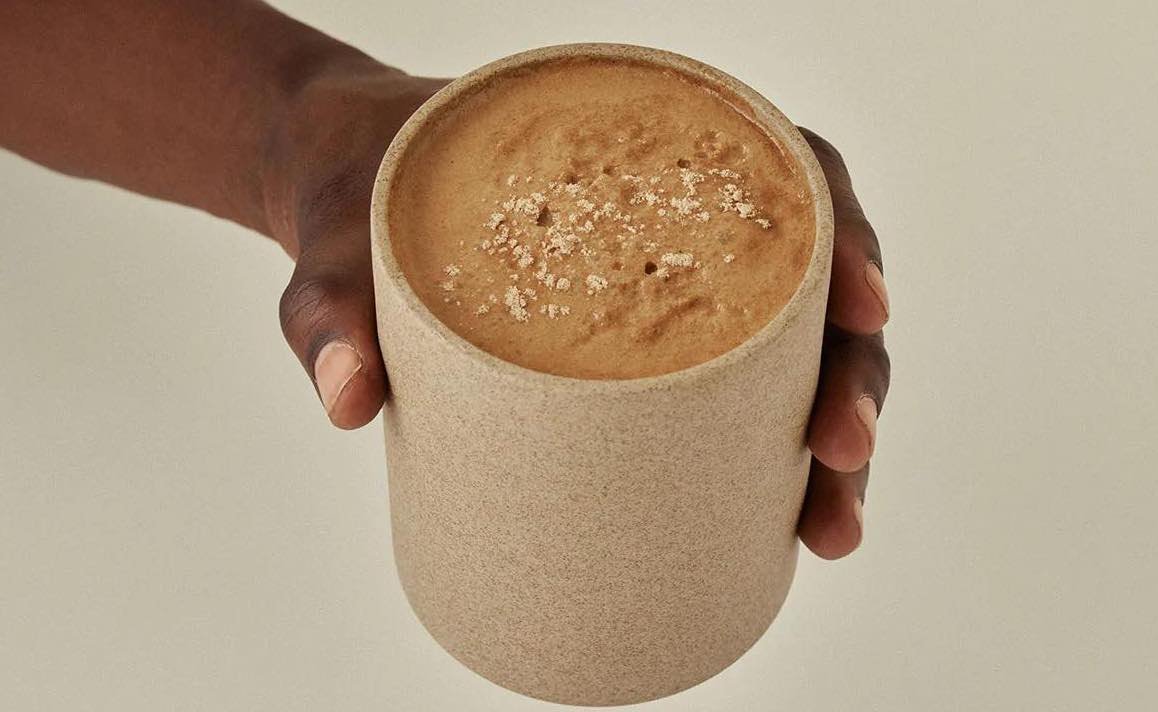Why It’s Important to Look Beyond Fair Trade
Don’t get me wrong, I’m all about fair trade products with a third party certification. I buy certified products all the time. I think it’s great that there are third parties that can verify the ethics of a brand.
And I believe they should be compensated for their time. I think their stamp of approval on products is helpful to consumers because it makes it easy for shoppers to identify products that are positively impacting the world.
However, I think it’s important for consumers to know that there are so many small brands that are not certified that DO use fair trade practices.
There are small businesses who use fair trade practices & are not certified.
A while back I met with a brand that had been Fair Trade Certified, but the next year they weren’t able to pay, what I understood to be a yearly re-certificaton fee (Personally, I haven’t been through the process so I don’t know the technical terms & I’m not claiming to be an expert on the process this is based off my conversation with the brand), so the brand lost their ability to use the fair trade certification symbol on their packaging, website, etc.
Learn about the different fair trade certifications in our fair trade guide.
I think this is sad because customers look for the certification symbol. Nothing had changed within the brands supply chain (which was previously evaluated and certified Fair Trade a year before), but due to finances they couldn’t afford to keep the certification.
I bring up this point because I want consumers to know that just because a product doesn’t have that third party stamp of approval, doesn’t necessarily mean the brand doesn’t abide by fair trade standards.
There are a lot of smaller brands that might not be able to spend the time and money to get certified, but are ethical, transparent, and use fair trade practices.
Just because a brand is not fair trade certified doesn’t mean it is an unethical brand.
In my line of work I’ve met quite a few stores that only carry fair trade products certified by a third trade party.
I get where they are coming from, covering their basis, and making sure brands are doing what they say they’re doing, BUT there are a lot of small brands that are ethical and do have transparent supply chains.
These smaller brands just might not have the time and money to get approved by a third party. I’ve met a decent amount of consumers with this mindset too, “if it’s not certified, how do we know it’s ethical/fair trade.”
There Are SO Many Ethical Brands Out There
This is one of the reasons I started my blog. I think consumers tend to be pretty well aware of the larger socially responsible brands (that probably have the resources to get certified), but don’t always take the time to discover the small ones.
The certification symbol allows consumers to quickly check a box in their mind, “Hey this product is doing good” which is great, but for smaller brands that don’t have that third party certification stamp of approval it can be tricky.
I try to make it easy for conscious consumers to discover smaller brands that are socially responsible. I do my research, I speak to founders on the phone to verify the ethics of their work and build honest relationships.
If they’re local I go visit….and if I had the funds I’d love to go travel and see all the good work first hand to report back, but sadly that’s not in the budget….yet.
You can check out some of my lists like The Ultimate List of Fair Trade Clothing Brands, 25 Fair Trade Brands to Support, and 100+ Socially Responsible Brands.
I’m just writing this to encourage consumers that looking for third party certifications such as Fair Trade Certified, B Corp, Fair Trade Federation, etc. is a great starting place on your conscious consumer journey, but don’t be afraid to branch out and educate yourself on other ethical brands too!
Pin this fair trade guide for later!
There is so much good going on in consumerism and it’s exciting that our purchase power has the ability to shape where consumerism is headed!
MORE FAIR TRADE & ETHICAL BLOG POSTS TO READ:
MEET THE AUTHOR
Emily Waddell is the founder of The Honest Consumer. She has always been passionate about business for good and has a Bachelor degree in Social Entrepreneurship. She currently lives in Seattle where she practices imperfect sustainability. When she’s not writing, Emily enjoys supporting small businesses, clean eating, ethical fashion, & practicing slow living. Learn more about Emily’s journey starting The Honest Consumer.
For more tips & tricks on conscious living be sure to follow The Honest Consumer on social media.














